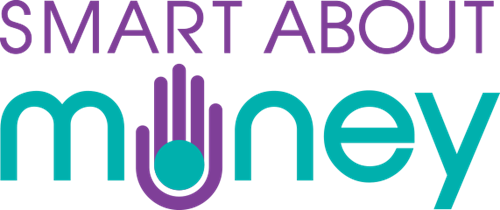
Search
Search Results
Financial Health Check
Budget planner
Debt repayment calculator
Savings goal calculator
How much will my savings grow calculator
Fund classification tool
Tax deductible retirement fund contributions calculator
Living Annuity Drawdown Calculator
Tax Tables
Life and Disability Calculator
Retirement Annuity Calculator
Financial Health Check
Budget planner
Debt repayment calculator
Savings goal calculator
How much will my savings grow calculator
Fund classification tool
Tax deductible retirement fund contributions calculator
Living Annuity Drawdown Calculator
Tax Tables
Life and Disability Calculator
Retirement Annuity Calculator
Financial Health Check
Budget planner
Debt repayment calculator
Savings goal calculator
How much will my savings grow calculator
Fund classification tool
Tax deductible retirement fund contributions calculator
Living Annuity Drawdown Calculator
Tax Tables
Life and Disability Calculator
Retirement Annuity Calculator


